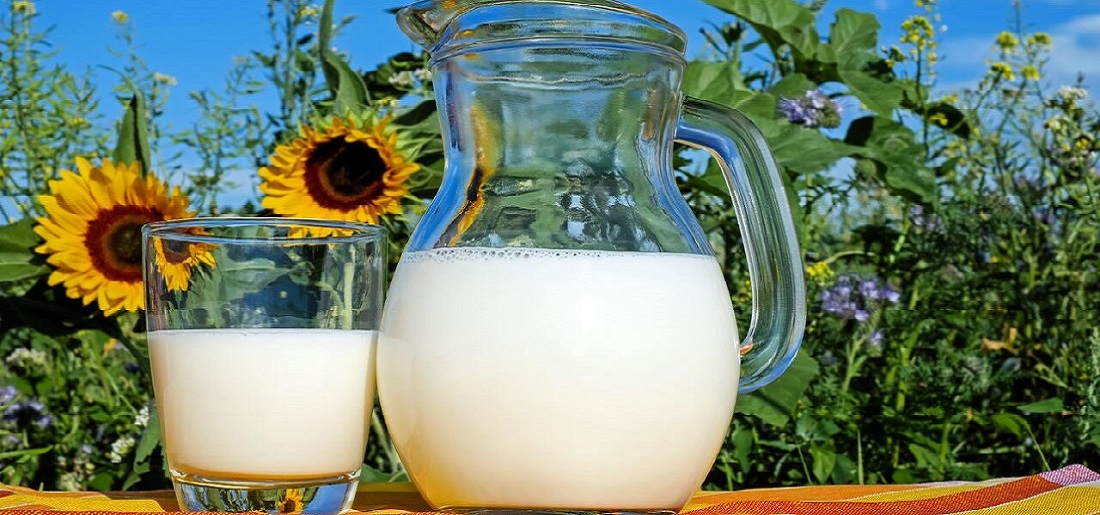
Brazil enacts decree to discourage milk imports
Oct, 19, 2023 Posted by Gabriel MalheirosWeek 202341
President Luiz Inácio Lula da Silva signed a decree on Wednesday (October 18) that establishes tax differentiation in the use of presumed PIS and Cofins credits for the purchase of raw milk by dairies, agribusinesses, and cooperatives that do not import dairy products.
Presumed credit is an important tax incentive mechanism in Brazil aimed at reducing the tax burden on businesses, especially those involved in the production and trade of specific goods. It enables companies to offset taxes paid during the production process against their overall tax liability. In this case, PIS and Cofins are specific social contribution taxes collected to fund various social programs and initiatives in the country.
PIS (Social Integration Program) and Cofins (Contribution for the Financing of Social Security) are both essential components of Brazil’s tax system. PIS is aimed at financing the payment of unemployment insurance, while Cofins is intended to provide resources for social security. These contributions help support important social programs and the well-being of the population.
“I signed the decree today, which helps Brazilian milk producers against unfair competition from the export of powdered milk from other countries. Many families of small-scale farmers in Brazil who rely on the production of raw milk should benefit from this,” wrote the president on social media.
The chart below displays Brazil’s imports of milk products (hs 0400/0405), in containers, from Jan 2019 to Aug 2023. The data is from DataLiner – Datamar maritime trade intelligence service.
Brazilian milk imports | Jan 2019 – Aug 2023 | TEU
Source: DataLiner (click here to request a demo)
This measure will only allow companies that do not import dairy products from Mercosur countries and participate in the Healthy Milk Program (PMLS) of the Ministry of Agriculture to take advantage of up to 50% of the presumed PIS and Cofins credit for the purchase of raw milk from Brazilian producers. For those who import, the rate is limited to 20%.
The intention is to discourage imports, which have been rising since August last year and have maintained a pace above the norm until now.
On Tuesday (October 17), Agriculture Minister Carlos Fávaro stated that the measure should have a direct impact on the price paid to national milk producers of up to R$0.60 per liter.
The change in the rule for using presumed credits, which allows companies to offset the balance against other federal taxes or receive a cash refund, is expected to take effect 90 days after the decree is published.
Presumed credit
In a press conference later in the evening, Minister of Institutional Relations Alexandre Padilha confirmed that the decree signed by President Lula will ensure the use of 50% of the presumed PIS and Cofins credit for companies that buy only domestic milk.
“The decree establishes a credit of up to 50% for PIS and Cofins for companies, private entities, that ensure the production of raw milk in the country. Those companies that keep importing powdered milk and rehydrating it in Brazil instead of supporting domestic producers will not have this credit,” Padilha said.
According to him, the measure benefits local production against dairy imports and helps ensure domestic supply. The minister also stated that the decree could help reduce the milk price for the final consumer.
“It has a very positive impact on this important economic sector. The decree protects local milk production, whether it’s a small, medium, or large producer affected by the increase in powdered milk imports, ensuring control of inflation and reducing the price of milk,” he added. “The measure also protects the consumer, as it does not generate inflationary impact.”
Source: Globo Rural
To read the original publication, visit: https://globorural.globo.com/pecuaria/leite/noticia/2023/10/lula-assina-decreto-que-cria-medida-para-desincentivar-importao-de-leite.ghtml
-
Trade Regulations
Oct, 24, 2019
0
China might import melon from Brazil and enable new slaughterhouses
-
Ports and Terminals
Nov, 14, 2024
0
Port Traffic on the Rise
-
Oil and Gas
Aug, 24, 2021
0
FIRJAN: The state of Rio should receive R$ 50 billion over next 3 years from the oil sector
-
Ports and Terminals
Dec, 10, 2018
0
Itaqui Port forms agreement with Panama Canal


